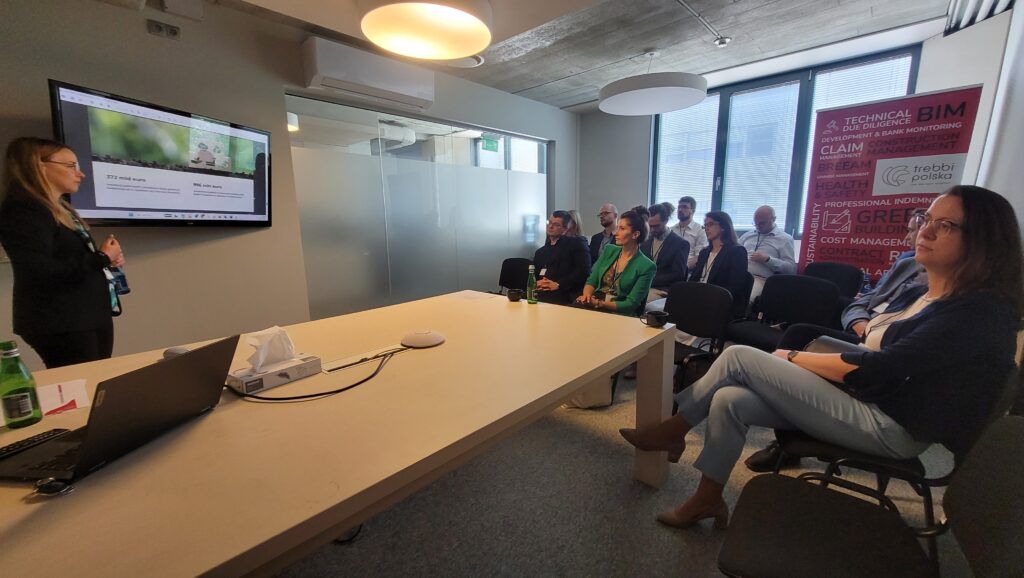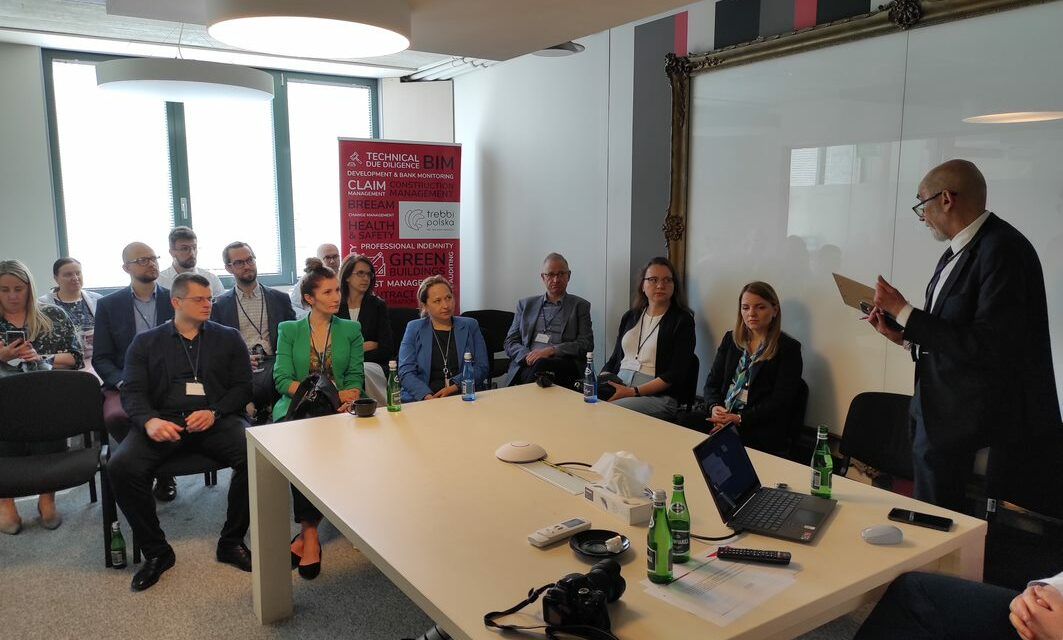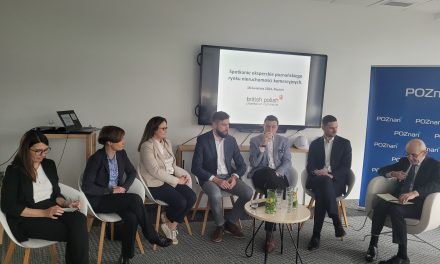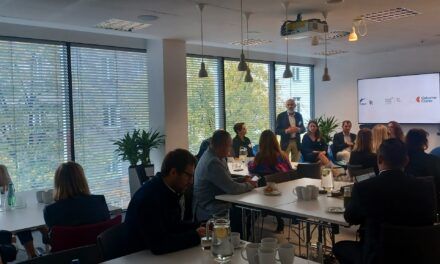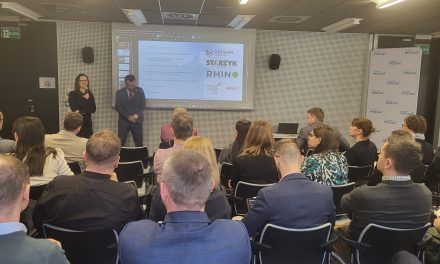The BPCC’s Real Estate and Construction working group met at the premises of Trebbi Polska to discuss the digitalisation of the construction sector, and the synergies with the growing demands of ESG reporting.
Boosting efficiency is a key challenge for the construction industry. Although implementation and communication technologies are constantly evolving, the construction process itself remains the least efficient in the economy. The introduction of BIM a dozen or so years ago hasn’t led to any significant improvements in productivity. And new regulatory requirements, such as ESG, impose further obligations in terms of technical solutions and reporting, which may result in an increase in the costs of construction and maintenance of buildings.
Digitisation and ESG in construction have more in common than it may seem at first sight. Efficient process management is key to protecting the environment; it also benefits communities. There are widely available technologies that allow you to control the flow of information and make the right decisions to meet new reporting requirements. Trebbi Polska’s senior management discussed their experiences at the BPCC breakfast, which brought together experts from across the sector.
ESG in construction is being driven by the financial sector; investors and lenders want to avoid financing assets that could be seen as being environmentally unfriendly. To clear up the issue of what’s genuinely green and what’s mere greenwashing, the EU’s Taxonomy sets out clear parameters that will have to be reported.
Implementing digitalisation to boost efficiency in construction goes hand-in-hand with the new requirements of non-financial reporting (the Corporate Sustainability Reporting Directive). Entering, storing and structuring data gathered during the design phase and throughout the construction process helps everyone involved – developers, investors, engineers, architects and general contractors – know where they stand in terms of carbon footprint as well as project management.
Michael Dembinski, the BPCC’s chief advisor, welcomed guests and introduced them to the topic. Bartosz Zamara, business development, technical advisory of Trebbi Polska, talked about his experiences in digitalising processes in construction. Magdalena Andrejczuk, from SGH Warsaw School of Economics presented five trends in ESG and how these were going to shape the future of the construction industry.
The presentations were followed by an open discussion, moderated by Michael Dembinski. The numerous questions and comments showed the importance of the subject on the built environment as a whole. With more than 10,000 category B and C office buildings in Warsaw, there is a danger of a class of stranded assets – properties than cannot be refurbished or repurposed, that no one will be interested in buying, renting or financing the purchase.
Interesting questions popped up – is it greener to build a ten-story building, or ten buildings each one story high? This question moves from the ‘E’ to the ‘S’ of ESG – does society want high-rise cities or sprawling cities?
There was a discussion of Arup’s ‘inverted pyramid’ of green construction: build nothing – build less – build clever – build efficient – minimise waste. The calculation and auditing of waste and carbon emissions, and the degree of precision needed, was also an important topic for the group.
It is clear that the drive to improve efficiency and the demands of ESG reporting can be tackled at the same time with digital solutions.
